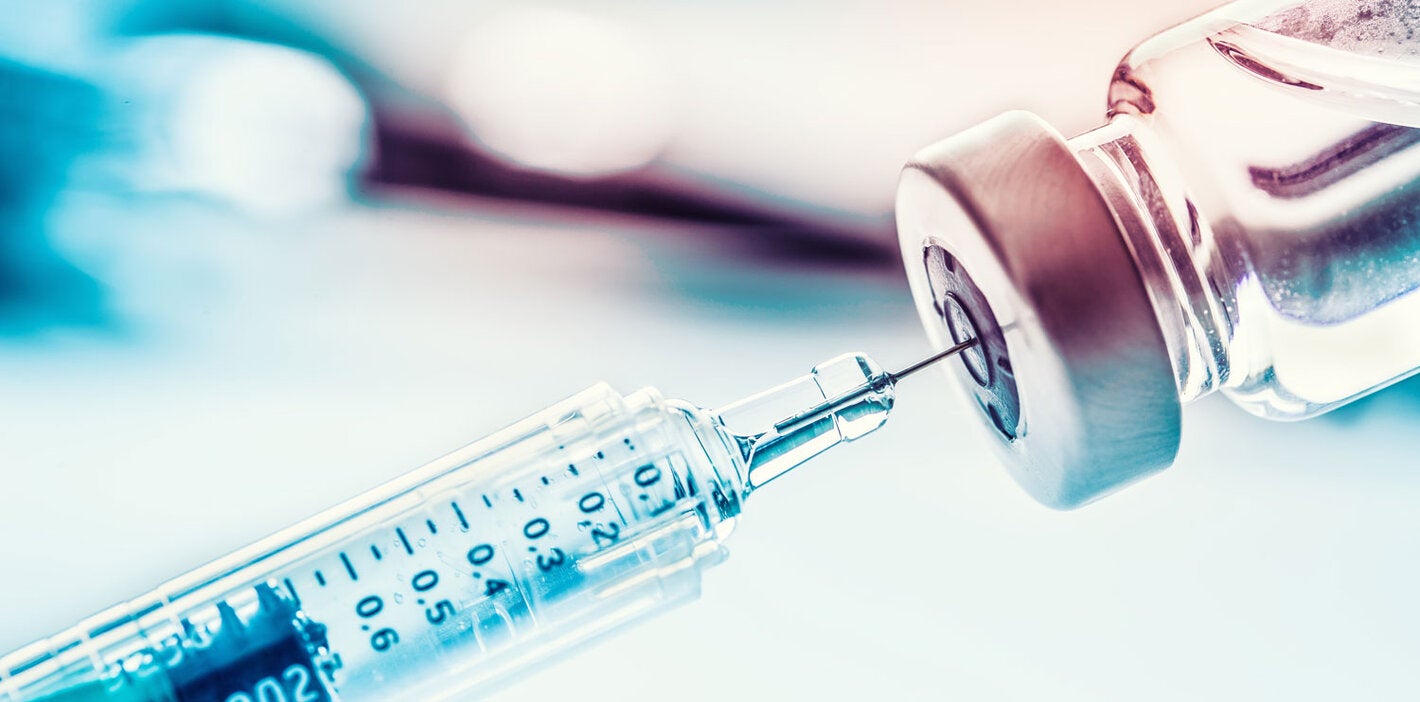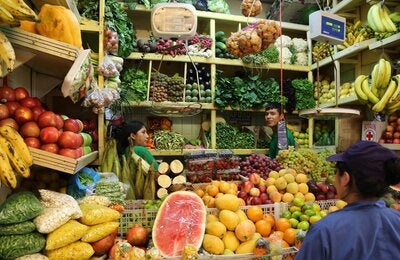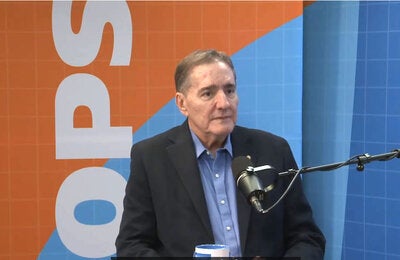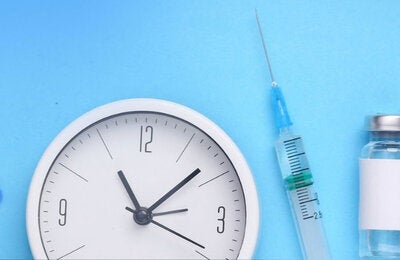
Washington DC, September 30, 2020 (PAHO) - Experts from the World Health Organization (WHO) and the Pan American Health Organization (PAHO) presented the Solidarity Clinical Trial to authorities from the ministries of health of the Americas, in a virtual meeting, held on September 24, 2020.
"The world is hopeful with the arrival of a vaccine to face the pandemic, but as public health organizations, WHO and PAHO, we must act responsibly and guarantee timely access to safe and effective vaccines," said Jarbas Barbosa, Assistant Director of PAHO/WHO.
The goal of the trial is to coordinate prompt, efficient, and reliable evaluation of candidate SARS-CoV-2 vaccines under development, to assess their safety and efficacy and to identify those that will be appropriate for deployment to influence the course of the pandemic. The six countries that will participate in the clinical trial are Argentina, Brazil, Chile, Colombia, El Salvador and Mexico.
"The development of these clinical trials in some countries of our region will require extensive technical, political, and operational coordination, hence the role of the PAHO Offices in the countries is vital," said Barbosa.
The WHO and PAHO secretariat presented the protocol and the current status of the Solidarity Clinical Trial to the ministries of health, and discussions were held with the ministries on the roll-out of the trial and the support needs of countries in its implementation.
"The work done so far on COVID-19 has demanded efforts for scientists all over the world to strech our capacity to innovate and collaborate to develop new solutions for the population that we serve," said Michael Ryan, Executive Director, WHO Health Emergencies Programme.
“Our deepest appreciation to the countries for their enthusiasm and professionalism stepping forward to participate in this endeavor. This is a very important step. We all have to work together to ensure we build the strongest possible scientific case for vaccines, and that we use all the available regulatory mechanisms to bring those vaccines to the market and to the populations that we serve,” he added.
Ana María Restrepo, Unit Head for the R&D Project at the WHO Emergency Programme, presented on the general framework and characteristics of the Solidarity Clinical Trial for COVID-19 vaccines.
James Fitzgerald, Director of the Department of Health Systems and Services at PAHO/WHO, explained the selection criteria for the six participating countries, which include: ethics committees established and with the required capacity; National Regulatory Authority (Level III according to PAHO evaluation process); immunization functional programs (with disaggregated information at the subnational level); research centers with experience in vaccine trials; and epidemiological criteria according to the recommendations of the Trial Committee.
Enrique Pérez, Head of Unit, Information on Health Emergencies and Risk Assessment at PAHO/WHO, presented on the epidemiological criteria in the selection of the study sites, that ensures a robust and transparent process, and allows to determine areas in which the incidence of COVID-19 is high, since the study seeks high recruitment rates.
James Fitzgerald and Andrés de Francisco, Director of the Department of Family, Health Promotion, and Life Course at PAHO/WHO, described the six areas of action of the project, which include: governance and stewardship; regulatory and ethical aspects; epidemiological surveillance, logistics and operations; communication; monitoring and evaluation.
Among the final considerations, PAHO experts mentioned that the participation of the countries in the Solidarity Clinical Trial has no implication on eventual access to the vaccine via COVAX and PAHO Revolving Fund. Also, that technical cooperation will be provided to the countries in the preparation and execution of the national plans for the Solidarity study.
Representatives of the ministries of health from Argentina, Brazil, Chile, Colombia, El Salvador and Mexico; high-level representatives of the region's ministries of health, representatives of technical, clinical research and ethics departments, immunization programs, and national regulatory authorities participated in the meeting.



